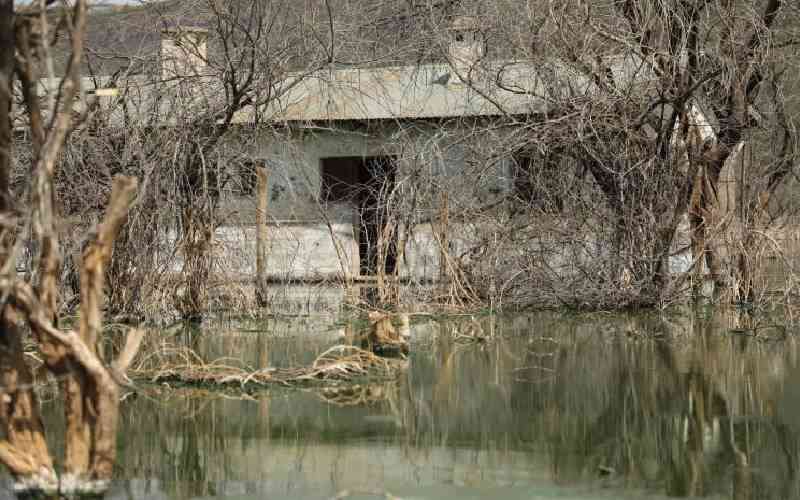×
The Standard e-Paper
Home To Bold Columnists

On a normal day, on a Tuesday afternoon, teenage girls from various schools would be flocking Loboi Health Centre for sex education.
But the entry is now dotted with footprints of hippos from Lake Bogoria as a result of the rising water levels.